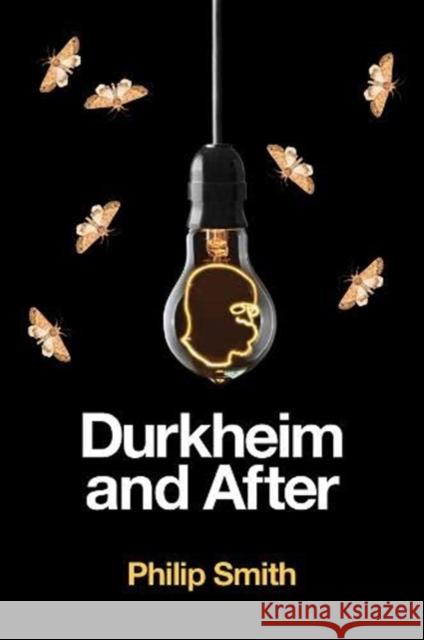Durkheim and After: The Durkheimian Tradition, 1893-2020 » książka
topmenu
Durkheim and After: The Durkheimian Tradition, 1893-2020
ISBN-13: 9781509518272 / Angielski / Twarda / 2020 / 260 str.
Durkheim and After: The Durkheimian Tradition, 1893-2020
ISBN-13: 9781509518272 / Angielski / Twarda / 2020 / 260 str.
cena 281,82
(netto: 268,40 VAT: 5%)
Najniższa cena z 30 dni: 280,09
(netto: 268,40 VAT: 5%)
Najniższa cena z 30 dni: 280,09
Termin realizacji zamówienia:
ok. 30 dni roboczych.
ok. 30 dni roboczych.
Darmowa dostawa!
Kategorie:
Kategorie BISAC:
Wydawca:
Polity Press
Język:
Angielski
ISBN-13:
9781509518272
Rok wydania:
2020
Ilość stron:
260
Waga:
0.50 kg
Wymiary:
23.11 x 15.75 x 2.29
Oprawa:
Twarda
Wolumenów:
01
Dodatkowe informacje:
Bibliografia
Wydanie ilustrowane
Wydanie ilustrowane











